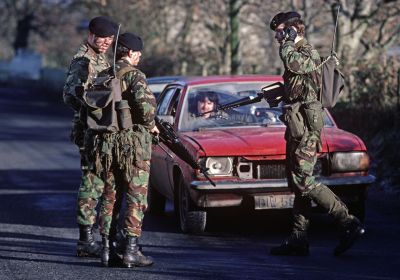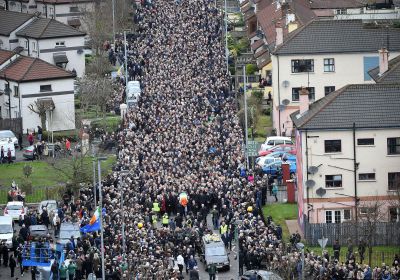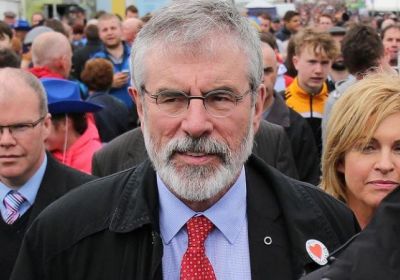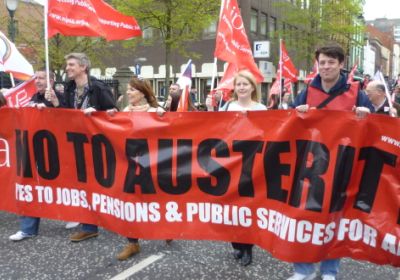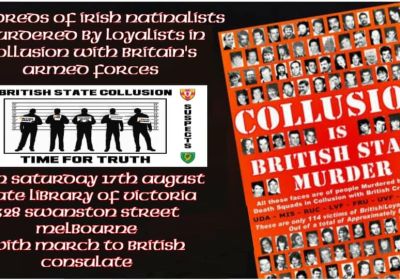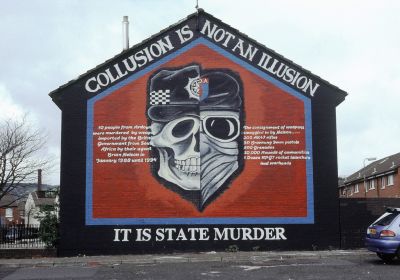
The single-most deadly terror attack on Irish soil took place on May 17, 1973. Four car bombs placed across the cities of Dublin and Monaghan and over the border into the Irish Free State exploded, killing 34 and injuring hundreds more. This attack, and many more like it, supposedly flew under the radar of British “Security Forces” sent to the north of Ireland to deal with paramilitarism. However, it flew under the radar, not by chance, but by design.

